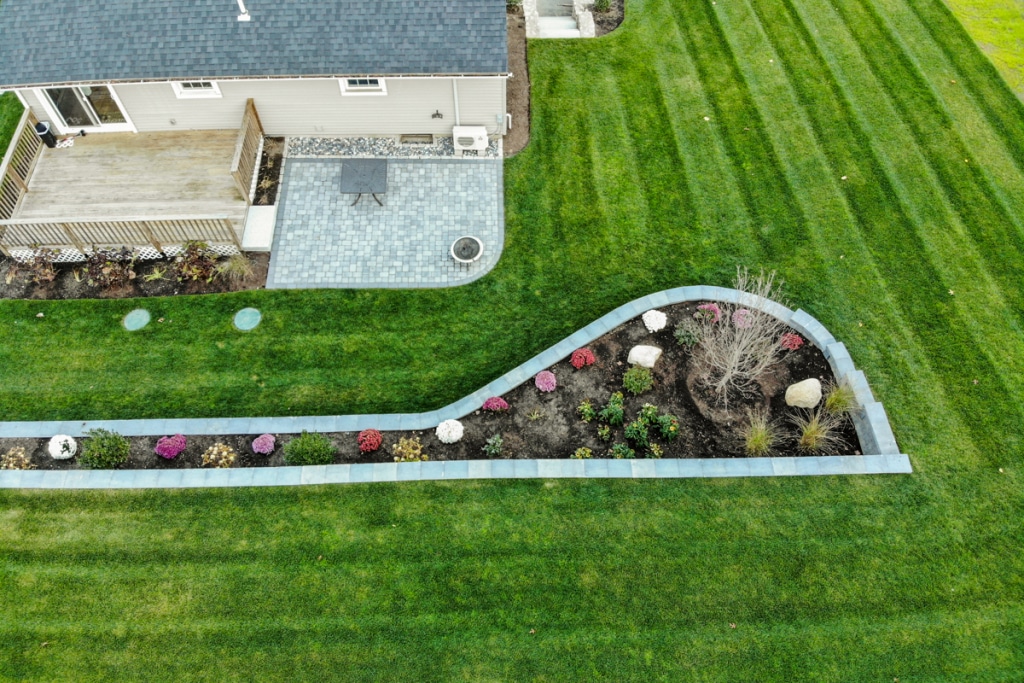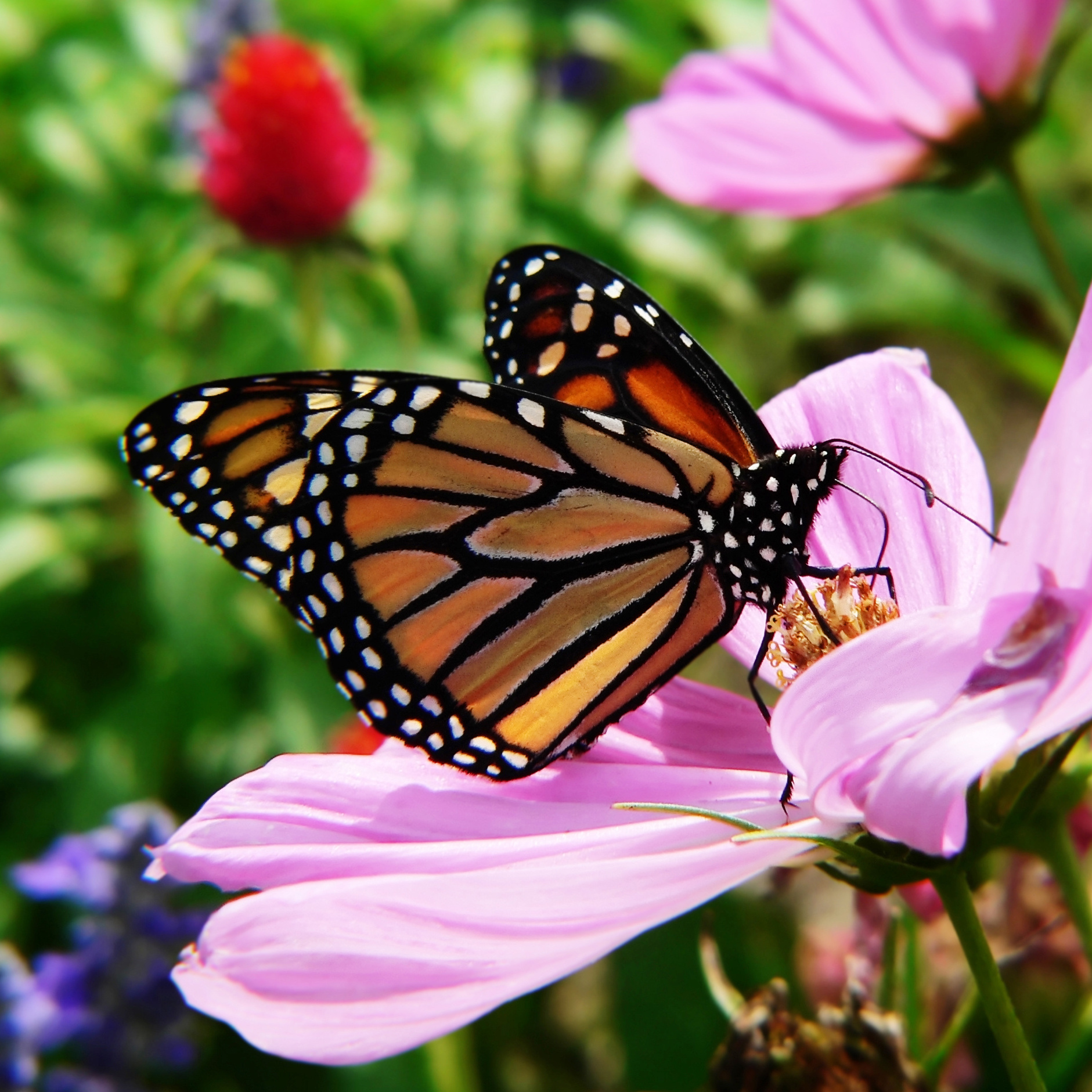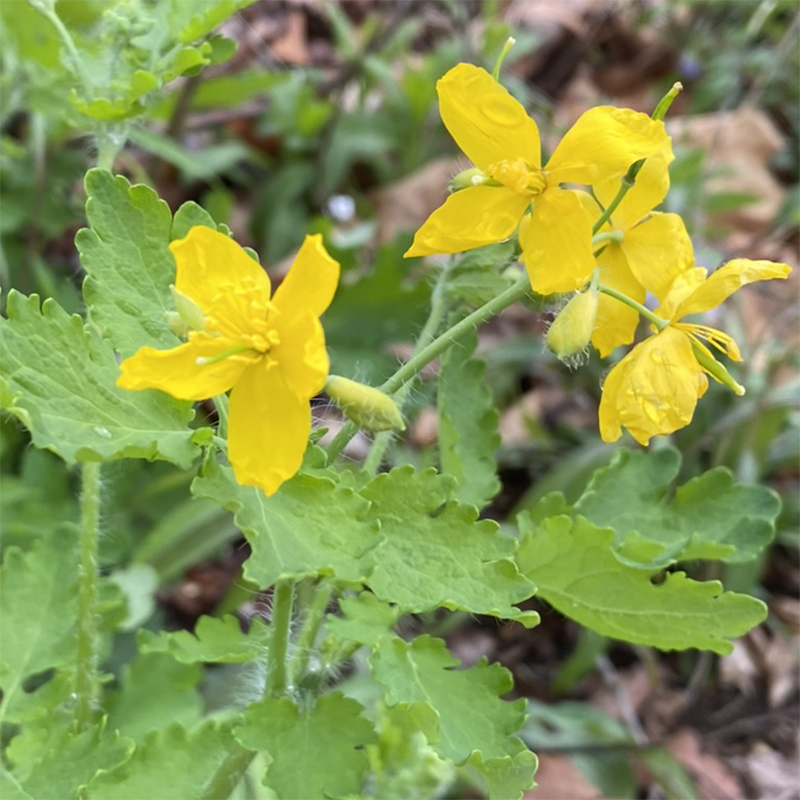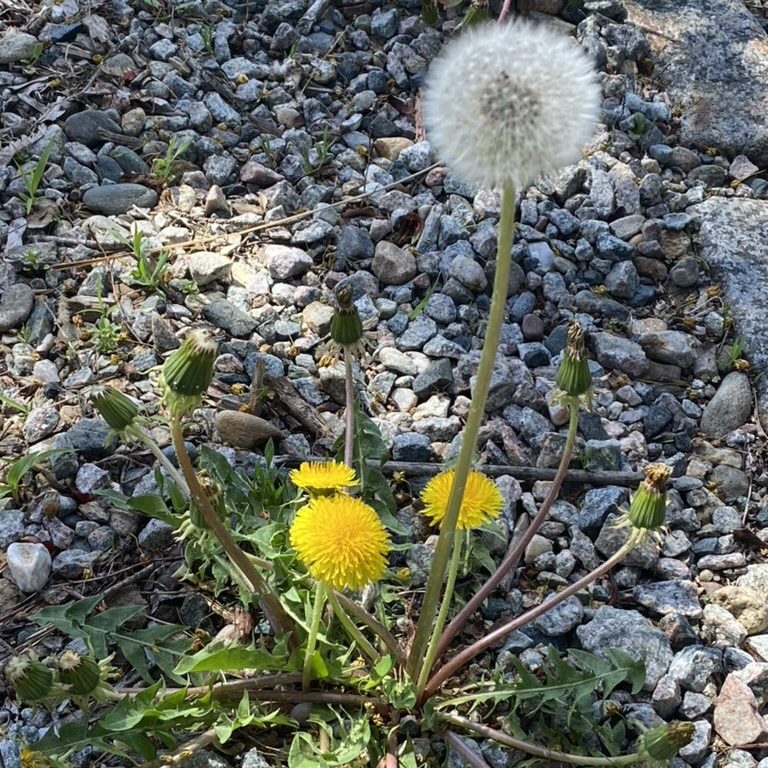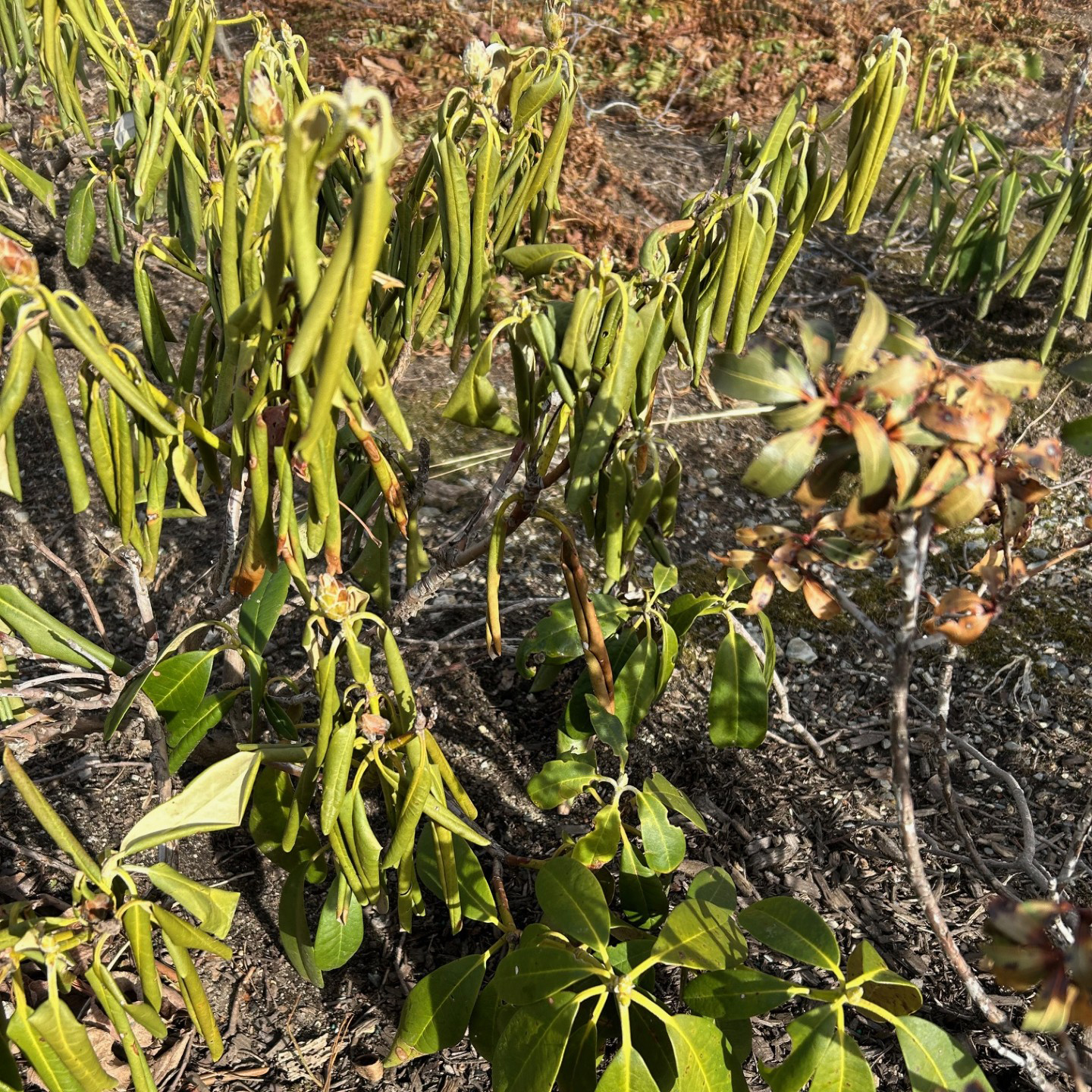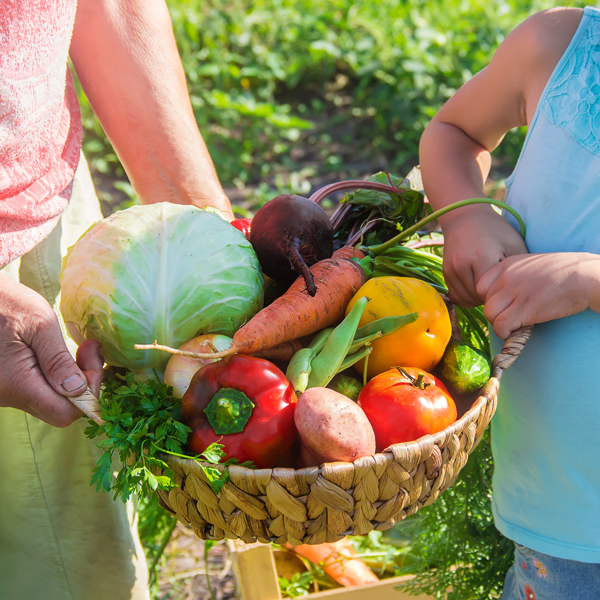
Regardless of where you live, what you grow, and how you garden, these rules apply to all gardens equally. These are some of the basic rules of growing vegetables.
First, location is everything. The best spot for growing your vegetables would be a south facing area with uninterrupted sun from sunrise until sunset. The ground should be well-drained; if your soil does not drain well, then raised beds or containers are an option. The garden should have easy access to water and is easily reached via a wheelbarrow. Size depends on what kind of veggies you want to grow. Vegetables like lettuce and carrots produce a lot for the space they take up and have a fast turnover because most of them are full size in about a month and a half, plus you can eat them even before they reach full size.
Tomatoes and zucchini on the other hand take up a lot of space, take almost two months of growing before they produce anything, but once they start producing they keep going at a steady clip until the fall frost takes them out. Things affecting the decision include the individual production capabilities of each veggie, how long they take to mature, and how much you would like to eat of each one. You can make the garden as big or small as it needs to be, but the maximum size of each individual bed within the garden should be no more than five feet wide, so that you can easily reach it from each side for sowing and weeding.
Be gentle and kind to your soil, your garden is already a living and breathing organism before you even add any plants to it. Do not till or walk on the soil when it is wet, which is any time you can squeeze moisture out of it. It’s best to only till your soil once a year; I like to do it in the fall when the weather is nicer, the soil drier and the organic matter has a chance to decompose further over the winter, but you can do it in spring. Each year you want to add at least 4” to 6” of organic matter to your garden. This can be compost, rotted manure, peat moss, even chopped-up leaves from your yard (another good reason to add it in the fall) and work it into the top 12” of soil. Once you have added the yearly allotment of organic matter and tilled the soil that should be the last time your foot steps into your vegetable garden bed.
When you get ready to start planting your vegetables, remember that the early bird does not get the worm. If you are not sure if it is time to plant you are better off waiting and planting later. Seeds and plants placed into the garden too early will rot in the soil or will be stunted enough that they may never recover even if the rest of the season consists of perfect weather. It is ok to wait a week or two, because you are waiting for the soil temperature to get into the right range, not the air temperature. For our area the last freeze is usually around the middle of April, the first week of May is the last frost date, and the Memorial Day weekend is when our soil has warmed up enough to plant tomatoes and other cold sensitive plants.
In the end, ‘You reap what you sow”, so have fun and enjoy.

